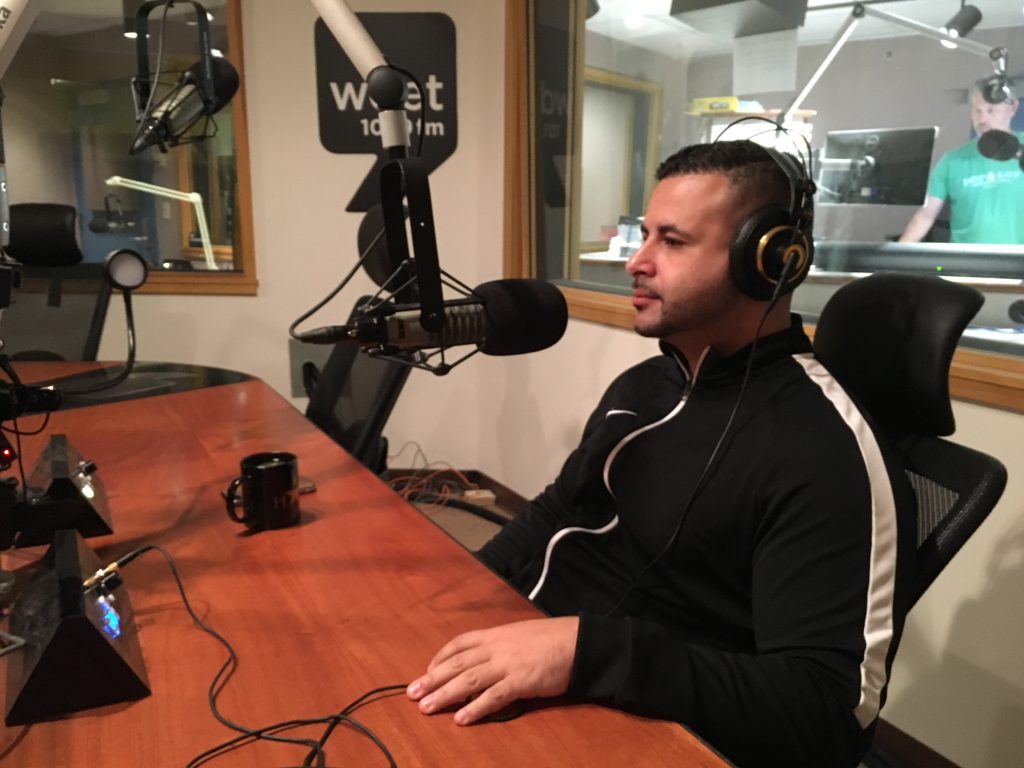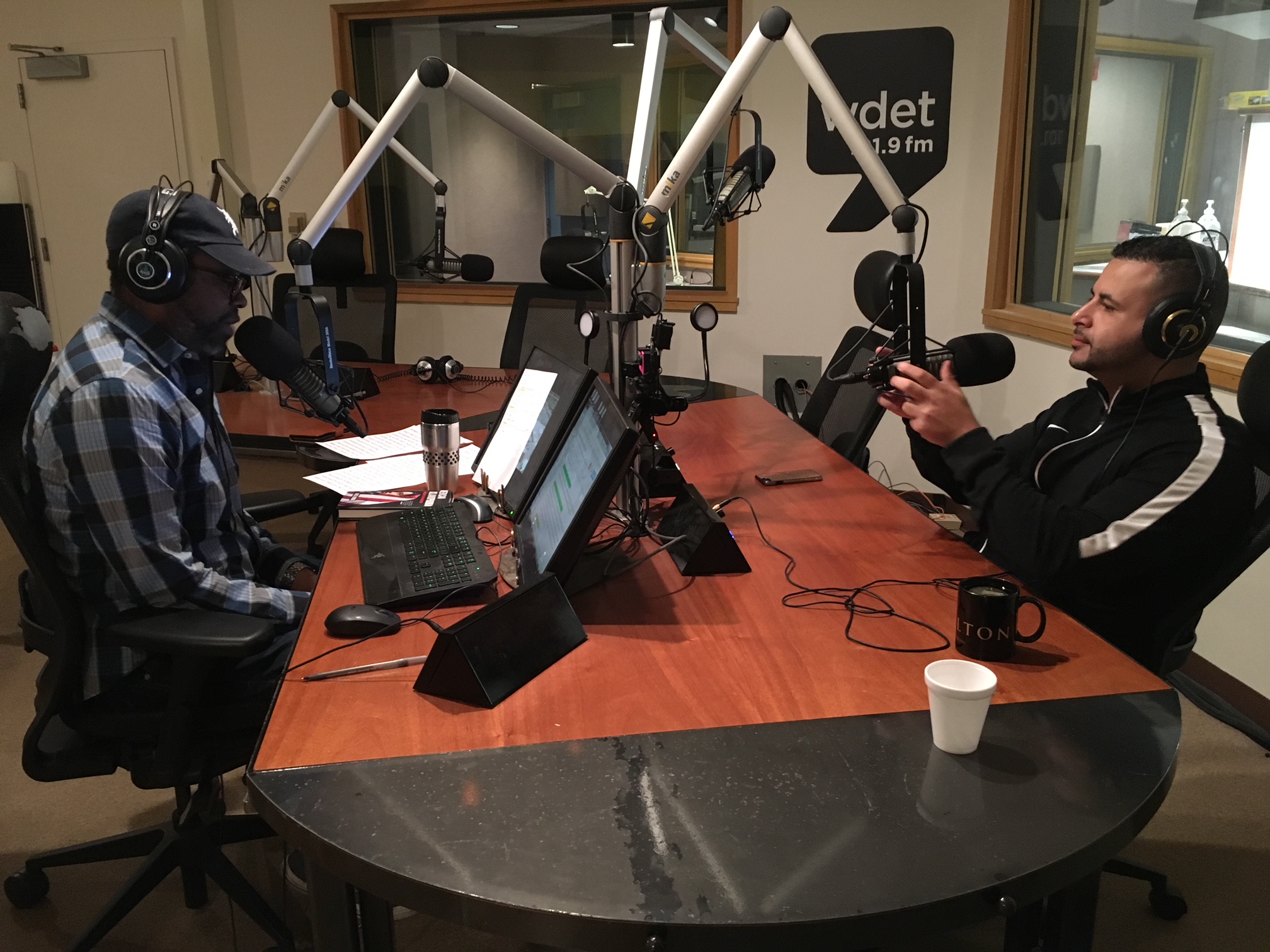New Book Explores Islamophobia in America
University of Detroit Mercy Law Professor Khaled Beydoun discusses “American Islamophobia”.


In the years after September 11th, 2001 we have discussed, as a nation, what it means to be Muslim in America.
We have struggled with Islamophobia on large and small scales; debating whether a mosque should be allowed to open near the site of the World Trade Center, or whether it’s right to question a religion that encourages women to cover their hair or face. And we’ve wrestled through the even greater nuance of jingoism right here in southeast Michigan; when discussing the racist legacy of Dearborn Mayor Orville Hubbard in a community now populated with many Arab Americans, or when discussing the significance of a majority-Muslim city council in Hamtramck, or a young Muslim man running for Governor as a Democrat.
The strength of our Arab and Muslim population in southeast Michigan shines a direct light on both our greatness and our weakness. Our sense of community and culture, juxtaposed with our lingering issues with racism. Our incredible Mediterranean restaurants that are second-to-none, juxtaposed with a resistance to change and to try new things.
Khaled Beydoun is an associate professor of law at University of Detroit Mercy, with a specialization in civil rights and the formation of Arab and Muslim American legal identity. His new book it titled “American Islamophobia: Understanding the Roots and Rise of Fear.”
Beydoun writes:
“More than two centuries before a ‘Muslim ban’ headlined the New York Times or led to the detainment of thousands of Muslims at airports across the United States, Muslims were statutorily barred from becoming American citizens. They were deemed threatening to and unassimilable within American values and society. In line with the demonization of this entire bloc of immigrants, the courts prohibited Muslim immigrants from becoming naturalized citizens from 1790 to 1944. During this span, Muslim identity, by law, was viewed as contradictory with American citizenship.”
He continues…
“Trump’s Muslim ban proposal, which he advanced by way of three executive orders, was driven by the same discourse and stereotypes that prohibited Muslims from becoming U.S. citizens from 1790 through 1944. The characterization of Muslim immigrants as an enemy race during this period of American history, called the naturalization era, is echoed by the modern characterization of Muslim immigrants as fundamentally different and unassimilable, as potential terrorists, and, in the case of Syrian refugees fleeing war, as cloaked ‘ISIS terrorists.'”
To hear Professor Beydoun discuss Islamophobia in our nation and region, click on the audio player above.
